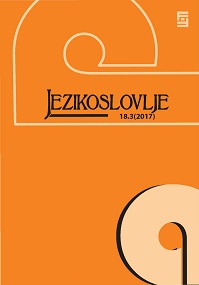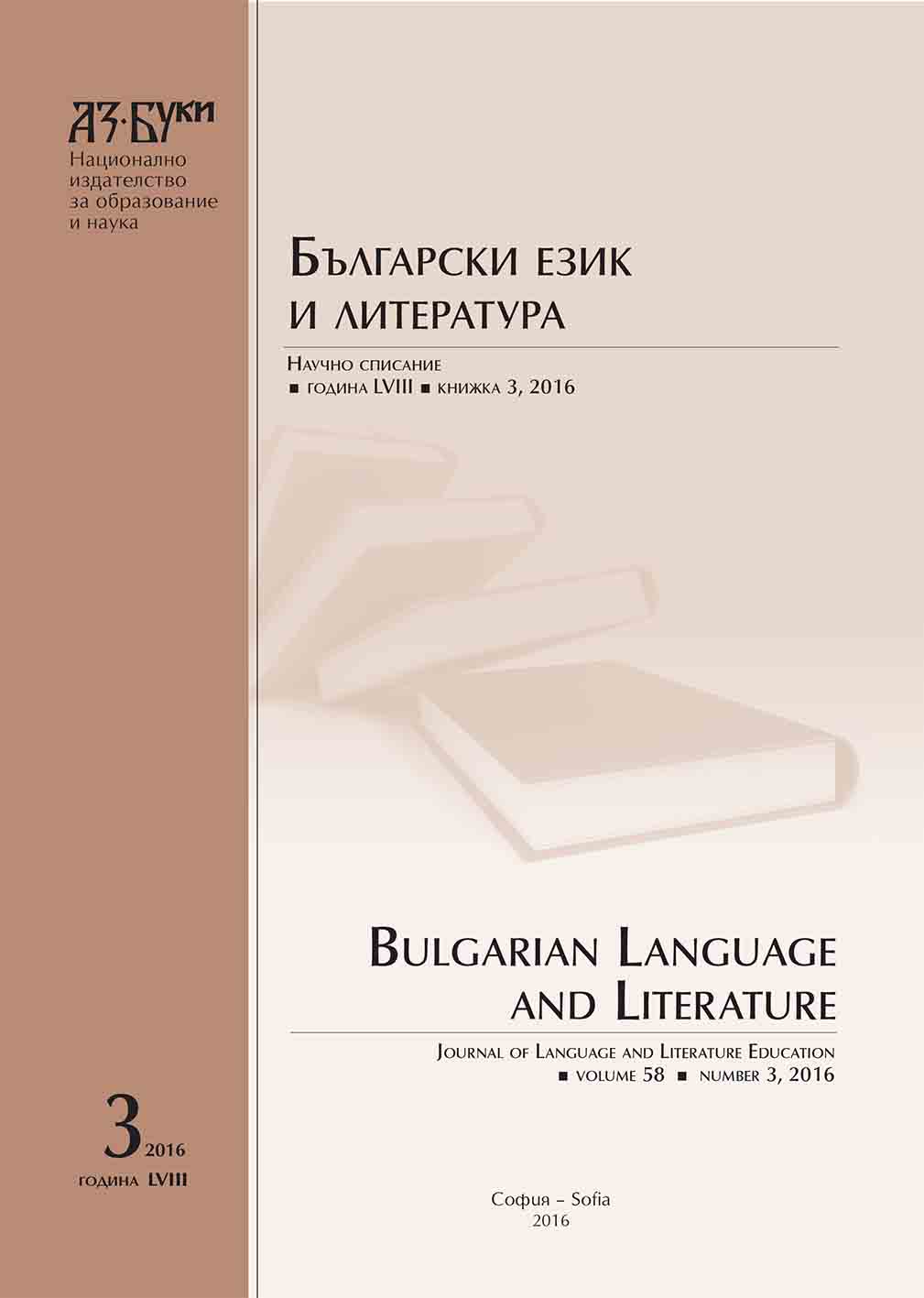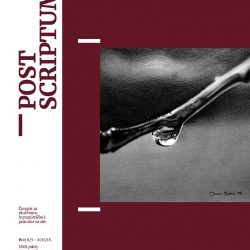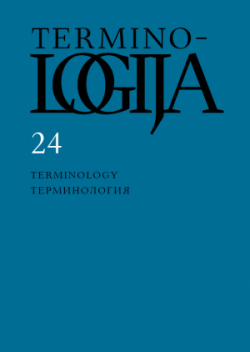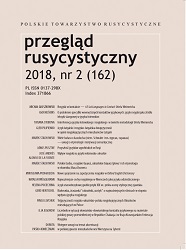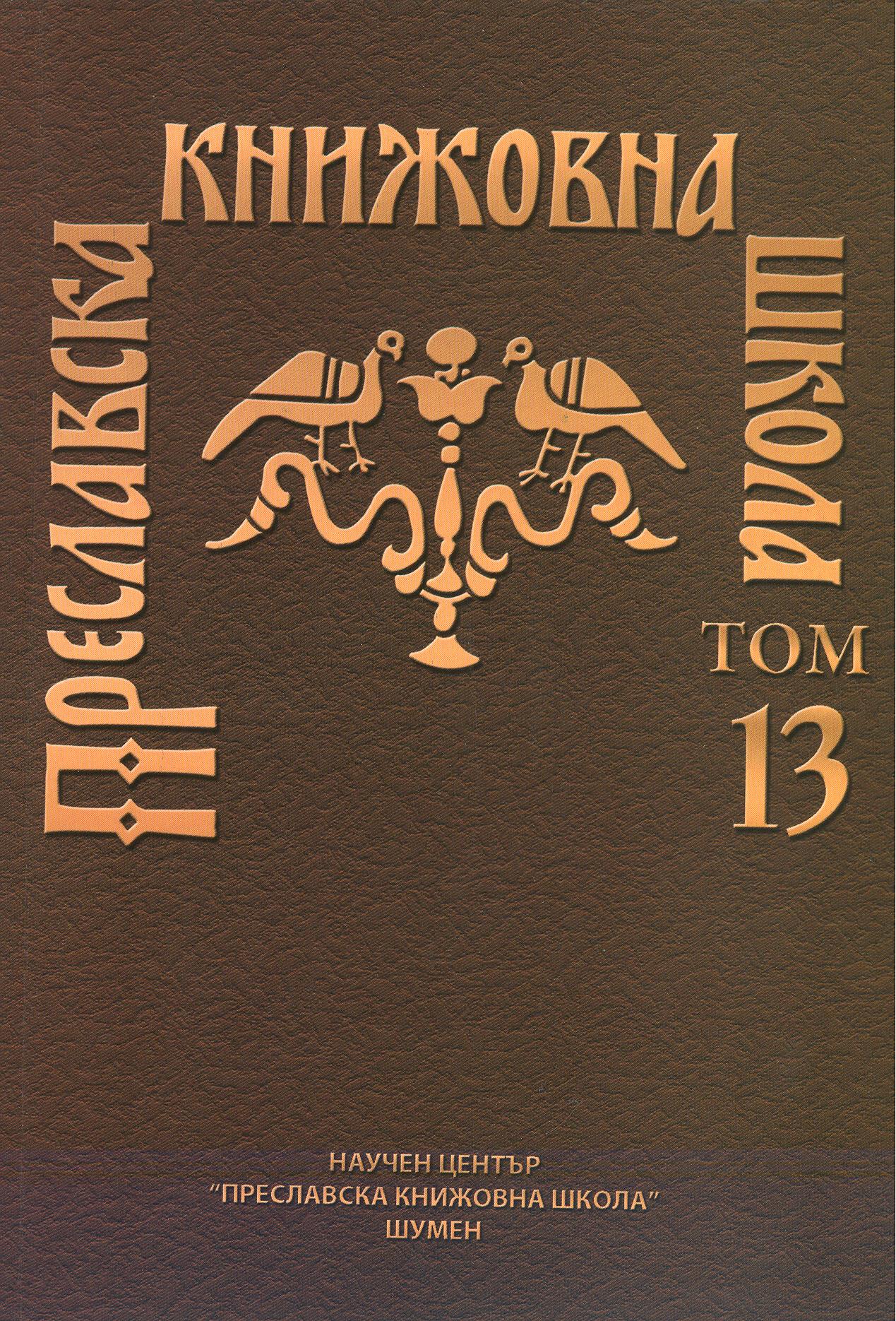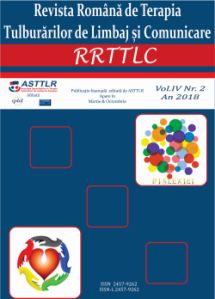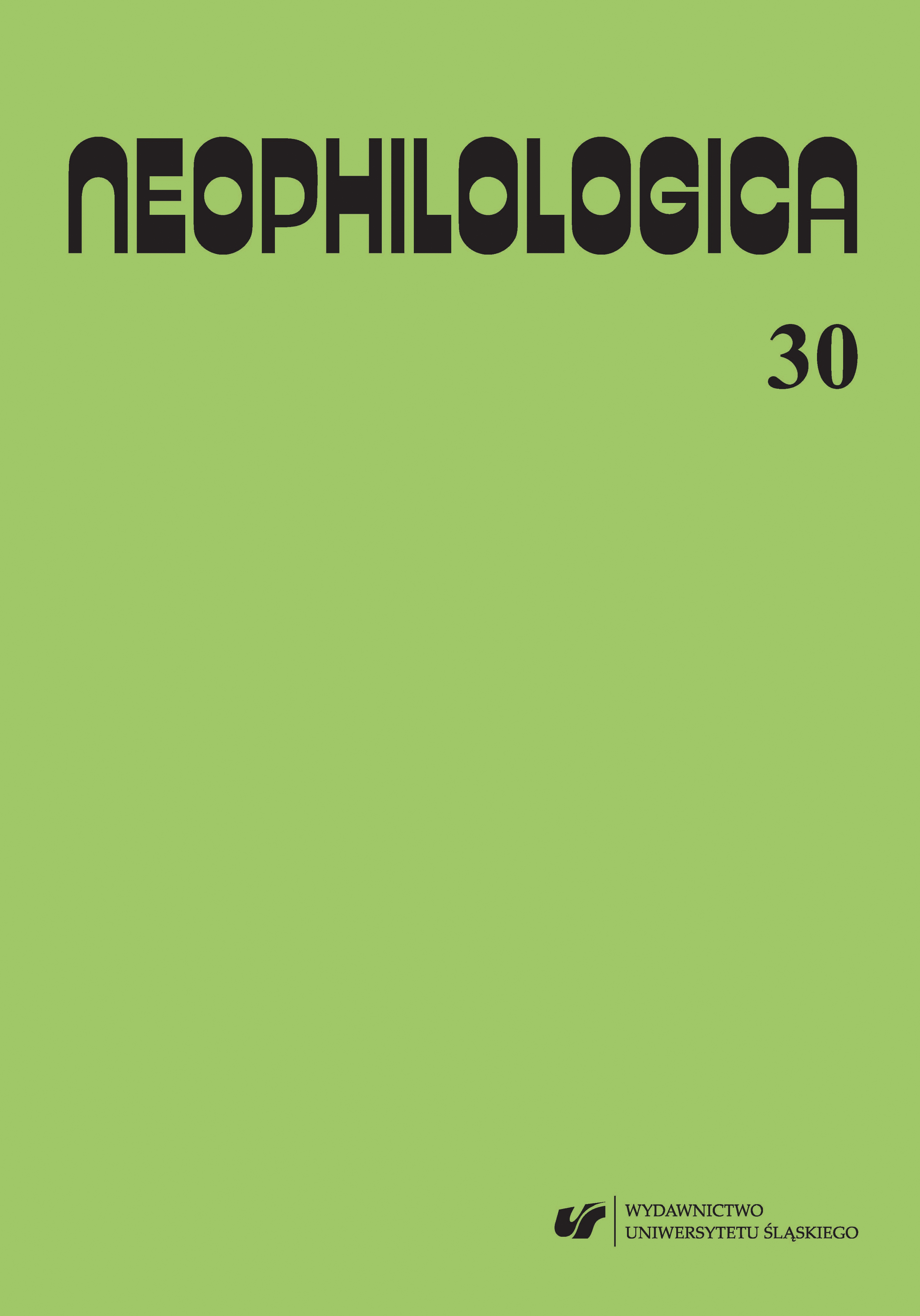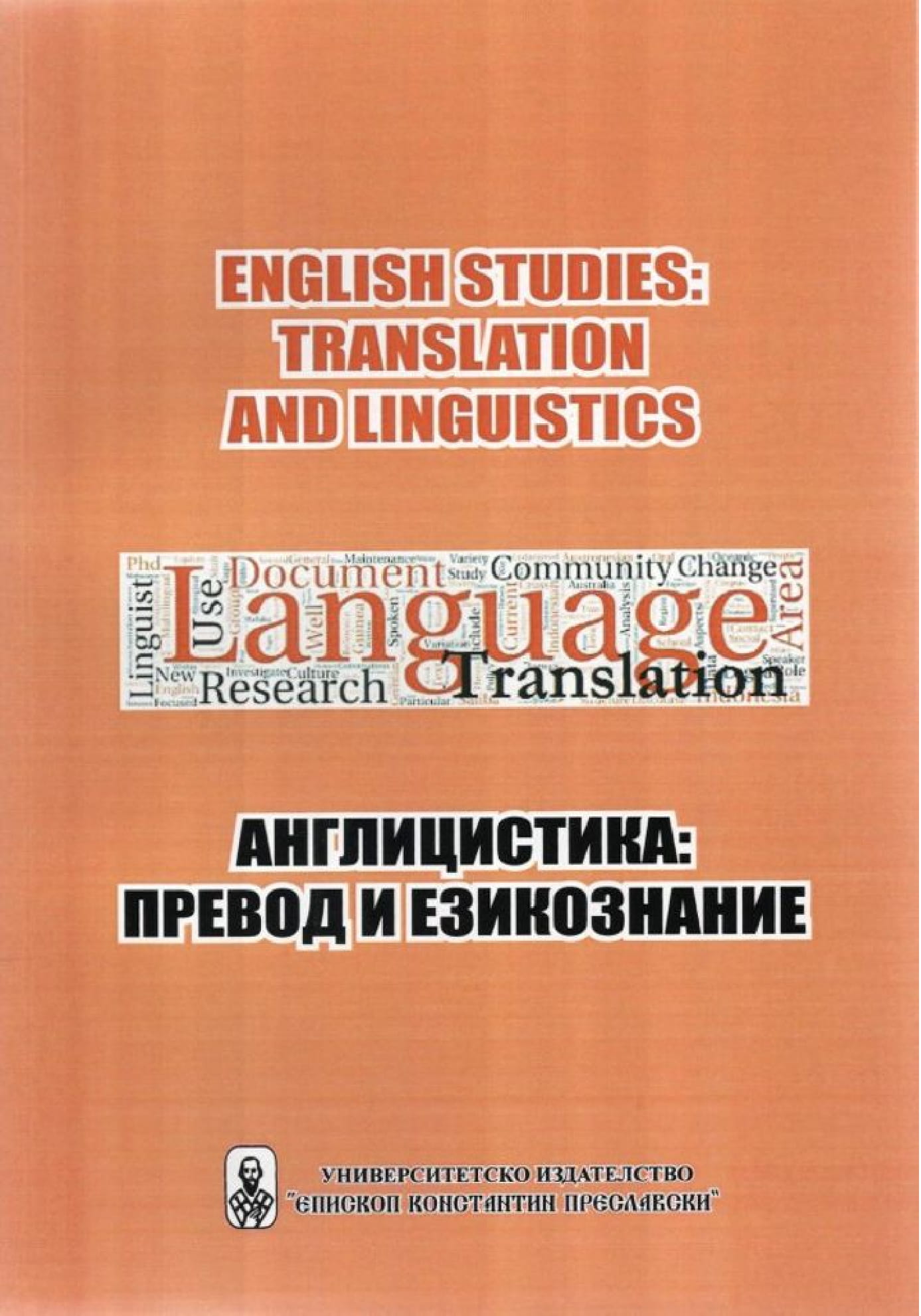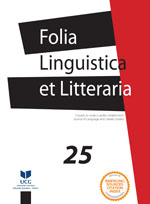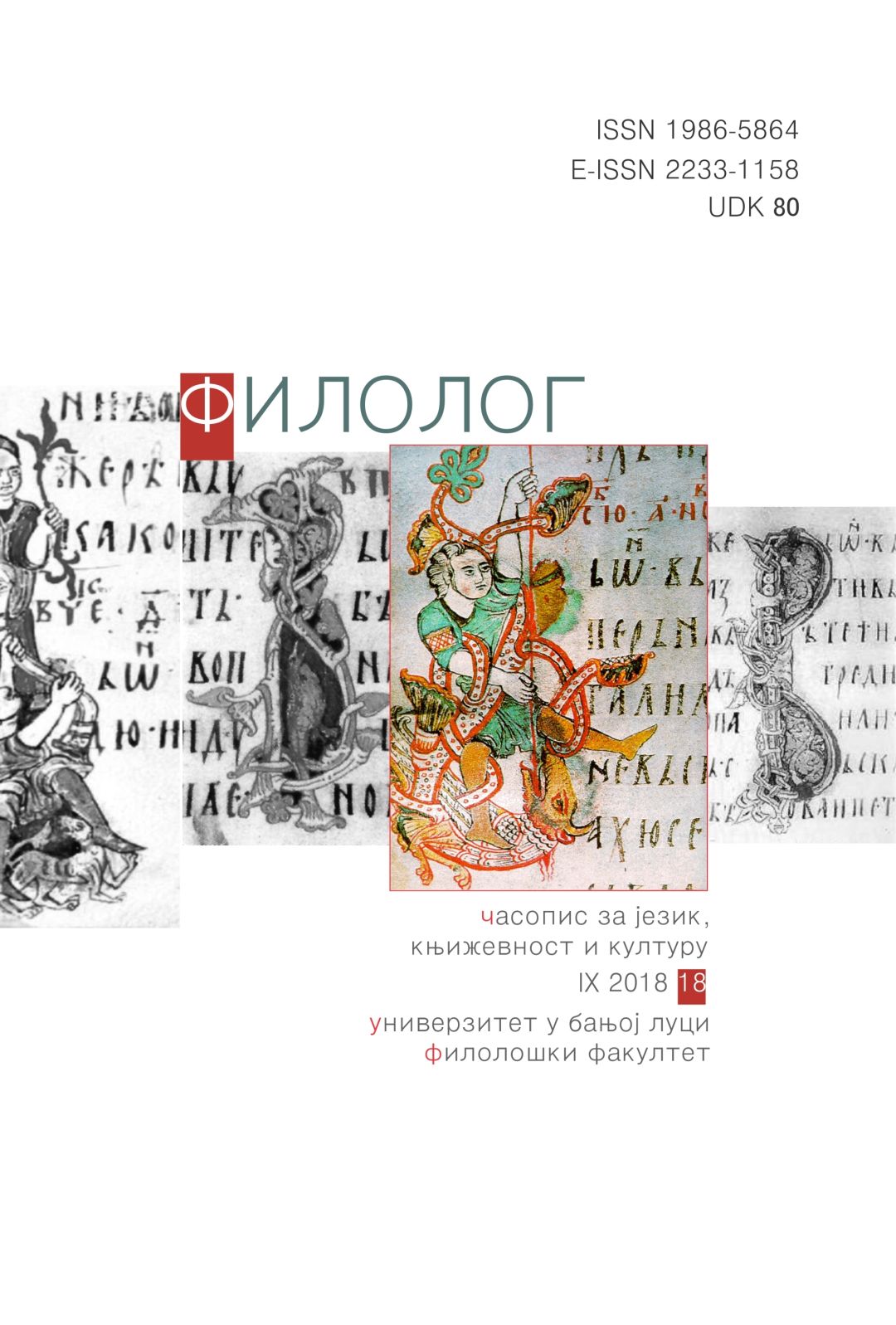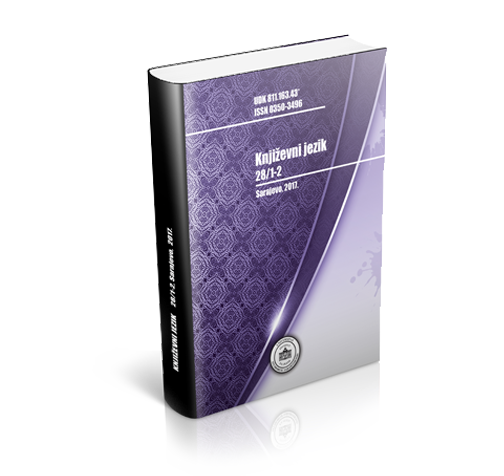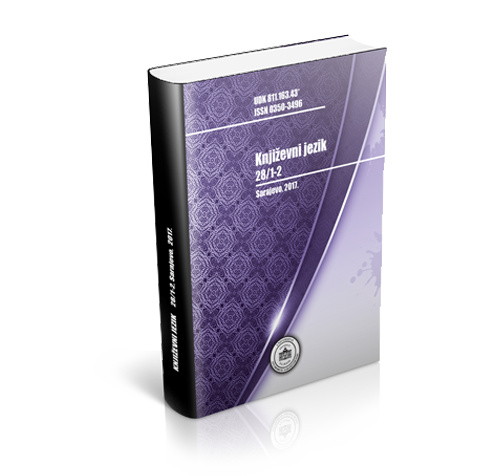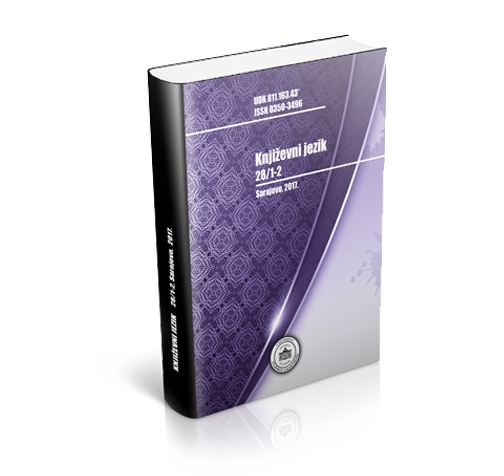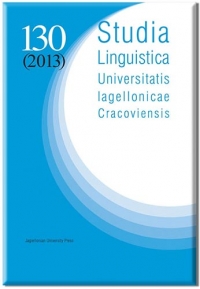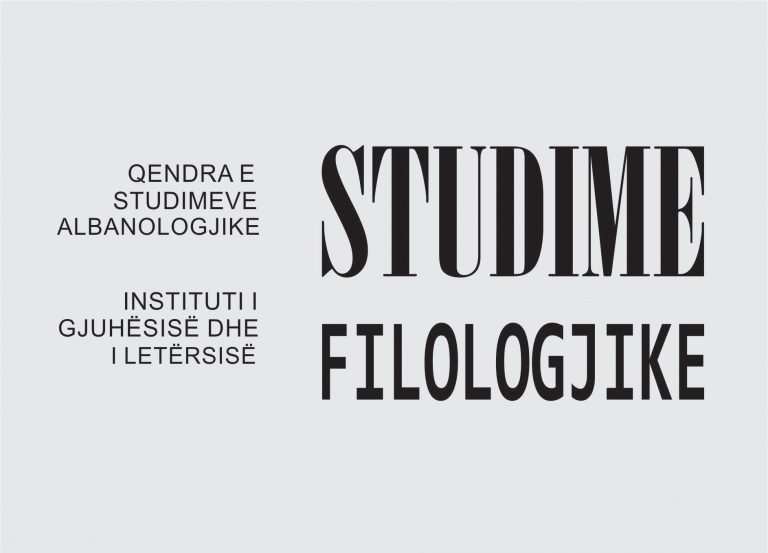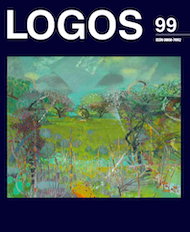Author(s): Lina Rutkienė / Language(s): Lithuanian
Issue: 24/2017
The rapid development and globalization of science as well as formation of language varieties related to professional activities, the main layer of which is terminology,makes research into terminology very important. There is a noticeable tendency in recent years to create compounds which adhere to the principles of language economy,precision of naming, monosemy and logicality perfectly well. Compounds are researched in various aspects including semantics, word-formation, motivation, origin and standardization. One of the most popular aspects was the morphological aspect of research, which prevailed in the works of Lithuanian linguists of the first half of 20th century. This aspect is closely related to word-formation and its essence is the understanding of a compound as a combination of morphemes. This point of view is still predominant in Lithuanian linguistics. For instance, in Dabartinės lietuvių kalbosgramatika (Grammar of Modern Lithuanian) compounds are classified firstly according to the parts of speech from which their components are derived. In foreign linguistics it is common to research compounds from the semantic-syntactic point of view; there are various classifications based on semantic-syntactic relationship of components of compounds. In Lithuanian linguistics the analysis of solid compounds from the semantic-syntactic point of view is less frequent. Usually compounds are classified into subordinated and copulative compounds without going into more detailed research of the relations between components of subordinated compounds.This paper researches solid compounds from semantic-syntactic point of view. Solid compounds in Lithuanian terminology of construction have been selected as the object of research; due to their abundance and tendencies of development, these terms can to a certain extent represent general regularities of the development of Lithuanian solid compounds. After an overview of the semantic-syntactic typology of compounds by foreign researchers and the point of view in Lithuanian linguistics in regard to relations between components of solid compounds, the paper presents a more detailed analysis of relations between components of compounds which function as generic terms in the terminology of construction. It is suggested to widen semantic-syntactic classification and to classify subordinated compounds further taking into account the variety of relations between components. The suggested semantic-syntactic classification would be less formal and wide than morphological and in addition it would focus less on the second component of the compound (as is common in morphological classification). The research revealed that the second component is the main component in attributive compounds, object-denoting compounds and comparative compounds,whereas adverbial compounds can have either the first or the second component as the main component and in amount-denoting compounds the main component is always the first.The analysis of relations between components of solid compounds which are generic terms of construction showed that there could be five types of relations between components of these determinative compounds: attributive, object-denoting, adverbial,amount-denoting and comparative. Attributive compounds make the largest group of determinative compounds – there were 379 such compounds found in 22 sources.Among the generic terms of construction researched there were also 186 object-denoting compounds, 26 adverbial and 25 amount-denoting compounds. The comparative compounds make the smallest group – only 3 such terms were found. The research also revealed that in all groups there is a certain number of terms having the same main component. The most productive components are akla-, beton-, daug-,dumbl(i)a-, ketur-, -matis, pus-, -tiekis, -traukis, savi-. In comparison with subordinated compounds, copulative compounds are rather rare – 38 terms were found. All such compounds were found in texts about construction materials and they name composite materials.
More...
